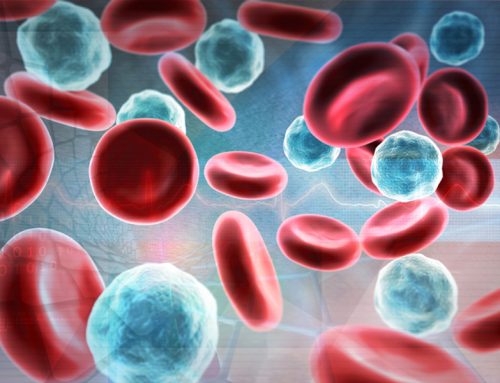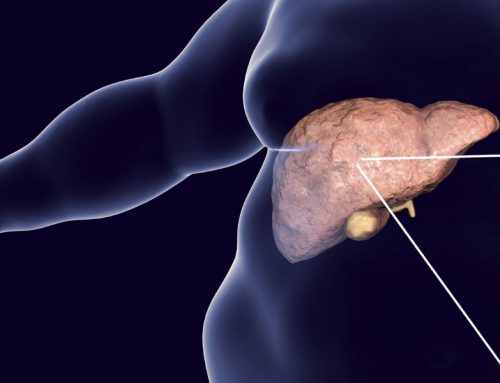Inflammation. Chronic systemic inflammation. There is more and more evidence that inflammation is linked closely to many chronic degenerative conditions including arthritis, cancer, cardiovascular diseases, diabetes, inflammatory bowel disease, nonalcoholic fatty liver disease, metabolic syndrome, and overweight/obesity [Hou 2023].

Typically, we think of inflammation in terms of swollen, painful joints. Inflammation helps the healing process. But, sometimes, the inflammation doesn’t turn itself off. It becomes chronic inflammation as opposed to acute inflammation. The continuing release of pro-inflammatory cytokines results in chronic systemic inflammation that can contribute to the development or progression of degenerative conditions.
Typically, two key factors trigger undesirable inflammatory responses in the body [Hou 2023]:
- A breakdown or failure of anti-inflammatory mediators
- Abnormal expression of pro-inflammatory factors
Unfortunately, the anti-inflammatory drugs in clinical use have undesirable side effects. Accordingly, if possible, it is advisable to regulate the level of inflammatory factors through careful attention to one’s diet and to consider the use of nutritional supplements [Hou 2023].
Coenzyme Q10 and Common Inflammatory Bio-Markers
There are a number of blood bio-markers that are commonly used in the clinical evaluation of systemic inflammation.
- C-reactive protein (C-RP) has been identified as an inflammatory bio-marker that, when elevated, indicates the early stages of cardiovascular disease.
- Interleukin-6 (IL-6) is known as a messenger cytokine that induces C-RP production in the liver.
- Tumor necrosis factor alpha (TNF-a) is a cytokine involved in systemic inflammation.
Accordingly, it is thought that reducing and controlling the level of these pro-inflammatory factors may alleviate the systemic inflammation associated with chronic diseases [Hou 2023].
Coenzyme Q10 (ubiquinone as it is known in its oxidized state) is a non-prescription nutritional supplement that may well reduce the levels of these pro-inflammatory factors [Hou 2023].
Meta-Analysis of Clinical Studies of Coenzyme Q10 and Chronic Inflammation Bio-Markers
Hou and a team of researchers assessed the efficacy and optimal dose of CoQ10 supplementation on inflammatory indicators in the general population. They retrieved reports of 31 randomized controlled studies that enrolled 1517 study participants [Hou 2023].
Their analysis of the outcomes of Coenzyme Q10 supplementation in these 31 clinical studies showed that CoQ10 supplementation can significantly reduce the circulating levels of three bio-markers associated with chronic inflammation [Hou 2023]:
- Increases circulating CoQ10 concentrations
- Reduces circulating C-RP concentrations
- Reduces circulating IL-6 concentrations
- Reduces circulating TNF-a concentrations
Optimal Dosages of Coenzyme Q10
The results of the Hou meta-analysis indicated that 300–400 mg/day of Coenzyme Q10 may have better efficacy in reducing inflammatory indicators. The reduction of C-RP levels was also observed after CoQ10 supplementation at a lower dose (100–200 mg/day). However, the researchers concluded that CoQ10 supplementation may achieve a better benefit in inhibiting C-RP, IL-6, and TNF-a simultaneously when the supplementary dose is at the level of 300–400 mg/day [Hou 2023].
Sub-group analysis showed that CoQ10 supplementation was even better at reducing C-RP levels in healthy people than in diseased people.
Conclusion: CoQ10 Supplementation and Chronic Inflammation
- CoQ10 supplementation is a potential candidate drug for adjuvant treatment of different diseases because of its wide range of beneficial biological effects: ATP energy generation, antioxidant effects, anti-inflammatory effects, and improvement of endothelial function [Mantle & Dybring 2020].
- CoQ10 supplementation may play a key role in the process of reducing the level of chronic systemic inflammation, thus improving disease course and promoting health [Hou 2023].
- Commercially available CoQ10 products vary widely in their absorption and bioavailability. It is important to purchase a well-documented product.
Sources
Hou S, Tian Z, Zhao D, Liang Y, Dai S, Ji Q, Fan Z, Liu Z, Liu M, Yang Y. Efficacy and Optimal Dose of Coenzyme Q10 Supplementation on Inflammation-Related Biomarkers: A GRADE-Assessed Systematic Review and Updated Meta-Analysis of Randomized Controlled Trials. Mol Nutr Food Res. 2023 Jul;67(13):e2200800.
Mantle D, Dybring A. Bioavailability of Coenzyme Q10: an overview of the absorption process and subsequent metabolism. Antioxidants (Basel). 2020 May 5;9(5):386.
The information presented in this review article is not intended as medical advice and should not be used as such.








Leave A Comment